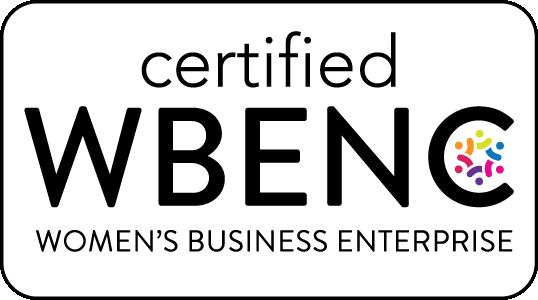If only our math textbooks had included chapters on “Paying Down Debt” or “Advice for First-time Home Buyers” or “How to Save for Retirement.” But the reality is most of us didn’t learn about these things in school.
For many early-career professionals, that first full-time paycheck is both exciting and overwhelming. Should they pay off student loans? Start investing? Lease or buy a car? Splurge on a vacation? Without guidance, financial stress can creep in quickly. And stressed employees are distracted employees.
Financial literacy is more important than ever
In its 2025 Workplace Benefits Report, Bank of America found that financial wellbeing among employees is down, and they’re increasingly looking to their companies for help. Just 47% of employees now feel financially secure, a drop from the 52% at the start of the year.
The Washington Post pointed to “a growing cohort of young workers, aided by workplace financial wellness benefits, who are determined to take control of their finances.” The trend reflects persistent inflation worries and a shift away from pensions toward self-directed savings vehicles such as 401(k)s and Roth IRAs.
What some leading companies are doing
- JP Morgan Chase provides financial coaching for their US employees, including one-on-one and group sessions, wellness assessments and tools.
- CVS Health offers live webinars and workshops on topics such as credit, debt, and investing, plus access to certified financial planners.
- Protiviti, a global consulting firm, runs webinars on identifying and prioritizing savings goals, understanding and maximizing 401(k) plans, managing debt, college savings, and financial aid guidance.
A targeted approach to reach younger employees
Enter the benefits communications team. Now is the time to develop targeted and engaging communications that speak to the needs of younger employees and speak their language, using their preferred communications channels. Think short-form videos, infographics, and concise, snappy messages as well as personal testimonials.
Ensure employees know what tools are available to help them manage their money, plan for the future, and build confidence. After all, it’s easier to focus on career growth when you’re not up at 2:00 a.m. wondering if you can afford your rent hike.
The payoff is potentially big. Financially literate employees are less stressed, more engaged, and more likely to stay with a company that invests in their wellbeing. By signaling that you care about the whole person, not just the job title, you can help attract and retain the best people. It’s a win-win – for employees and the companies that hire them.
Need help developing communications targeted to young workers (or any other demographic)? The O’Keefe Group can help you get the results you want.


